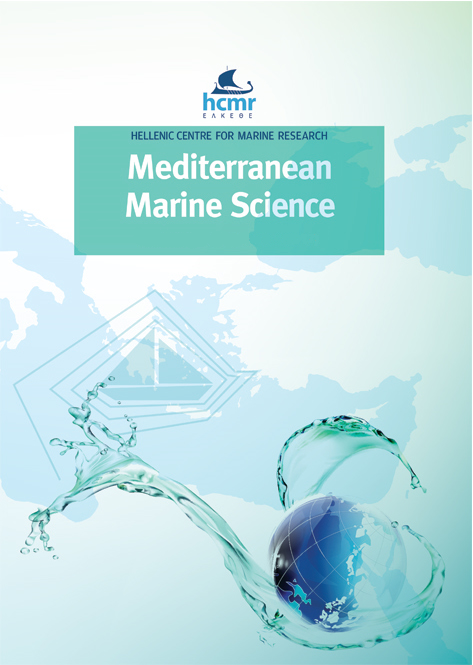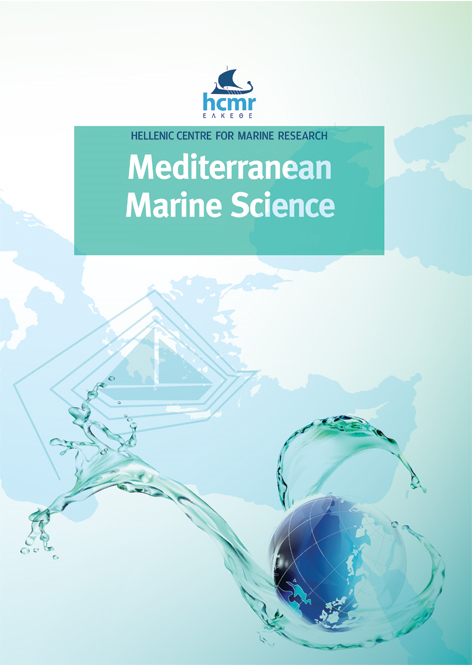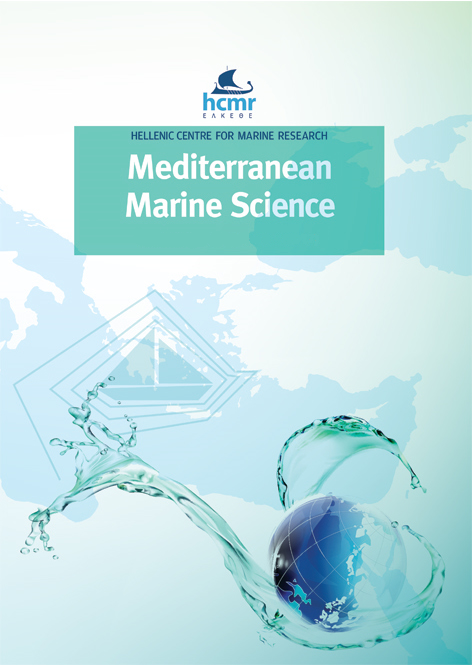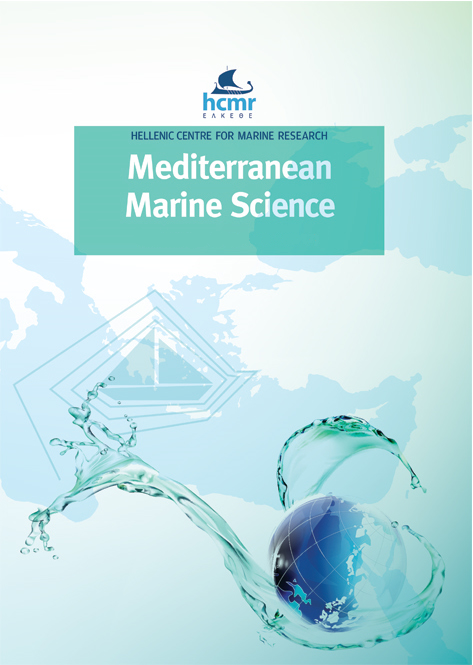Implementation of a new research tool for evaluating Mediterranean Sea Literacy (MSL) of high school students: A pilot study

Περίληψη
The Mediterranean Sea is recognized as a key component in the development, economy, and culture of European, North African, and Middle East countries. With respect to heterogeneity across the region in different sectors, Ocean Literacy, though still in its infancy, is nevertheless a requisite for a better understanding of the two-way interaction between the Sea and its people. In the present study, marine issues in relation to the content knowledge of 154 high school students from the Mediterranean region were investigated by using a structured questionnaire based on the recently published Mediterranean Sea Literacy guide. Data analysis involved descriptive statistics to portray frequencies and knowledge scores of the participants, and inferential statistics to assess the effects of grade level on students’ knowledge. The study which focused for the first time on the unique features of the Mediterranean marine ecosystems, found the level of content knowledge of the participants to be low to moderate. It is therefore of the utmost importance for the organizations and networks working on marine issues in the Mediterranean Sea to develop synergies and coordinate research programmes to broaden engagement with human societies in the region.
Λεπτομέρειες άρθρου
- Πώς να δημιουργήσετε Αναφορές
-
CHEIMONOPOULOU, M., KOULOURI, P., PREVIATI, M., REALDON , G., Mokos, M., & Mogias, A. (2022). Implementation of a new research tool for evaluating Mediterranean Sea Literacy (MSL) of high school students: A pilot study. Mediterranean Marine Science, 23(2), 302–309. https://doi.org/10.12681/mms.29712
- Ενότητα
- Special Issue Ocean Literacy
Authors who publish with this journal agree to the following terms:
- Authors retain copyright and grant the journal right of first publication with the work simultaneously licensed under a Creative Commons Attribution Non-Commercial License that allows others to share the work with an acknowledgement of the work's authorship and initial publication in this journal.
- Authors are able to enter into separate, additional contractual arrangements for the non-exclusive distribution of the journal's published version of the work (e.g. post it to an institutional repository or publish it in a book), with an acknowledgement of its initial publication in this journal.
- Authors are permitted and encouraged to post their work online (preferably in institutional repositories or on their website) prior to and during the submission process, as it can lead to productive exchanges, as well as earlier and greater citation of published work (See The Effect of Open Access).







